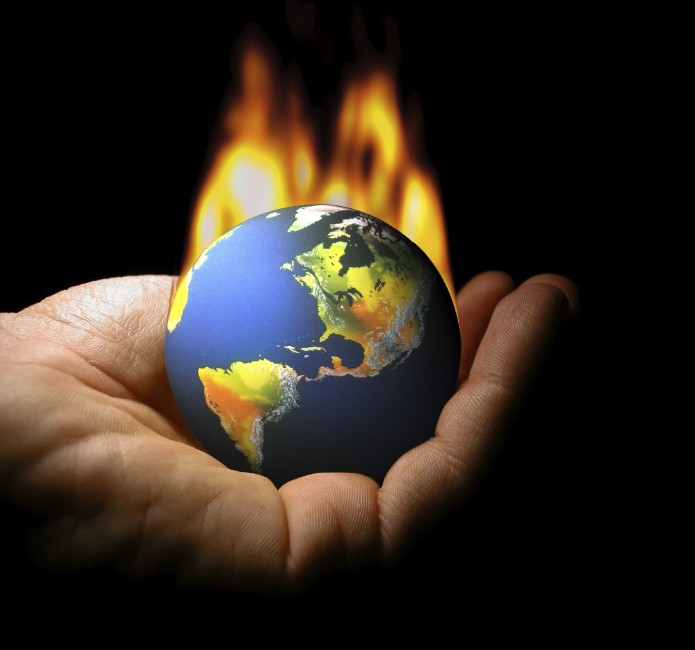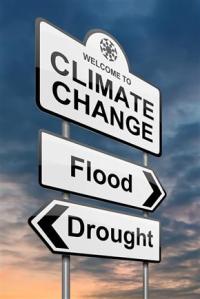Climate change has been an ongoing debate for many years now. Beginning in 1997 the first protocol, the Kyoto Protocol, was introduced. This protocol is an international agreement that sets emission reduction targets that countries are supposed to try and meet. This was seen as the first step to global emission reduction. Furthermore the Cancun agreements, also set to limit greenhouse gas emissions, were set in 2010. There have been many other conventions to try and come up with ways to reduce emissions, but does it really seem like we are taking the necessary steps to reduce them.
Despite all of these negotiations, greenhouse gas emissions have continued to increase through the world. Here is a short clip which discusses climate change and its impact. Why have emissions increased when we are trying so hard to reduce them? The article by Nunes states two main points which make agreements to reduce emissions so hard. First, is the legal aspect of the agreements. No country wants to get themselves into a position that does not better themselves. Nunes goes on to say that the negotiations “reveal very specific national interests”. Countries are making agreements with their own best interest in mind, which takes away from the actual climate change issue. The second issue is language barriers. It becomes difficult for cooperation to take place between countries that cannot fully understand each other, or the process takes longer than intended.
I think that although we have tried to negotiate in the past, the only way to truly make progress to a cleaner earth is by adopting Hobbes logic. Hobbes believes that in order to succeed you need a sovereign, or someone who ultimately calls the shots. He states,“the only way to erect such a common power is to confer all power and strength upon one man, or assembly of men, that may reduce all their wills, by plurality of voices, unto one will”. In the case of climate change this could be the UN or the security council. Furthermore, Hobbes suggest that “covenants, without the sword, are but words, and of no strength to secure a man at all”. This explains how, without contracts that specifically say how much each country will reduce their emissions, and without punishment for failure to reach those goals, the agreements becomes pledges that the countries will forgo. As Nunes says, “there are too many conflicting interests”. The countries need to give up their power and comply to a single power like the UN in order to save this planet. Without cooperation, self-interest will destroy us.




Hi cwolter20,
I really find your argument inspiring. I like your way of connecting the Hobbes’s theory of the “Leviathan” to how should countries deal with the issue of climate change. However, what I want to point out is the complicity of the situation. In Hobbes’s theory, one of the main assumptions is that men are all equal. However, when it comes to the scenario of countries, apparently different countries have different military, economic and diplomatic influences. These differences between countries make those relatively stronger countries unwilling to sacrifice their edges, which makes a “Leviathan” difficult to be established among countries. Moreover, if UN was a potential “Leviathan”, it would not have the ability to enforce the performance of climate contracts. This is because UN doesn’t have the real-power (e.g. military and laws) to punish the breach of such contracts. In spite of the existence of UN peace-keeping force and the so-called “International Laws”, UN is far from being a true “Leviathan” to keep the proper function of the contracts.
I think Hobbes’s theory itself is really important in terms of its insightful and concise “summary” of the “state of nature”. However, when it comes to the real-life applications, it may not really be perfectly feasible and needs to be modified or reinterpreted.
LikeLike
I agree that global climate change is a very prevalent issue that needs to be dealt with swiftly and properly. The way that things are currently going, the world will reach some sort of major crisis if new protocols are not taken to prevent global warming. I could possibly see a case in which a Hobbes-type commonwealth could work, but the way that countries are, I find trouble in believing that they could ever come to some sort of agreement where one power takes complete control of all. Unfortunately, I believe that countries will continue to act in the way they have been – focusing of self interest – until the issue becomes so bad that some drastic steps must be taken. Hopefully, this time does not come at a point in which change is too late. Global climate change is a great issue, and hopefully things can be figured out so larger problems do not arise in the future.
LikeLike